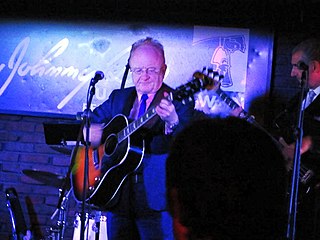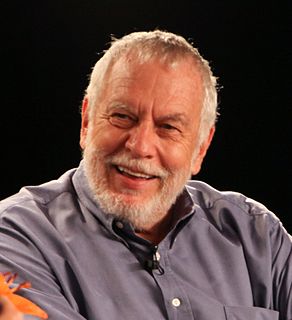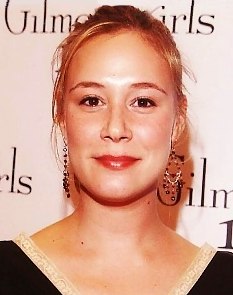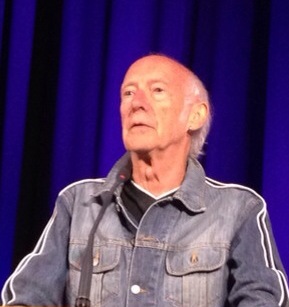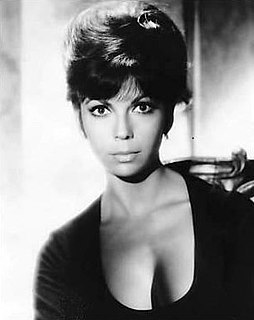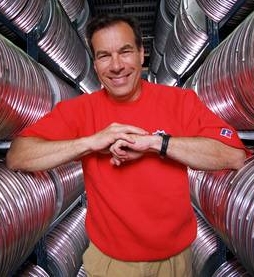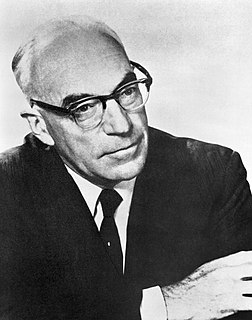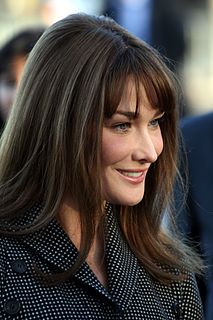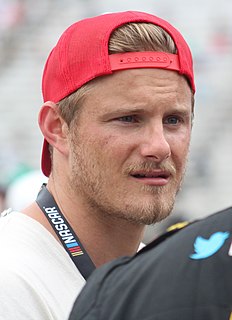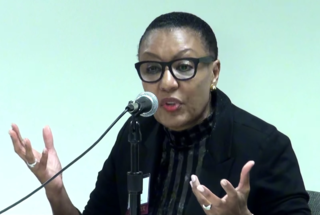A Quote by Peter Asher
Shows were very different then - even as the headliner we did a very short set by today's standards and sound systems were really primitive. But the girls made it all worthwhile!
Related Quotes
Atari always was a technology-driven company, and we were very keen on keeping the technological edge on everything. There's a whole bunch of things that we innovated. We made the first computer that did stamps or sprites, we did screen-mapping for the very first time, and a lot of stuff like that. We had some of the most sophisticated sound-creating systems, and were instrumental in MIDI.
I think that "Gilmore Girls" did so many things well, and it was a very feminist show in a time when that wasn't really being portrayed at all. The show made it cool to be a smart girl. That certainly wasn't happening at the time - you were surrounded by beauty shows and teen soap operas. "Gilmore Girls" felt very apart from everything else that was happening.
Growing up, there were TV shows that were very funny but very traditional. Classic things like 'Fawlty Towers,' obviously, and 'Blackadder' were pretty traditionally shot. And then there were the ones that start to break the mold or be really ambitious. The ones that spring particularly to mind would be 'The Young Ones.'
We used to have adults who set standards, moral standards, cultural standards, legal standards. They were better than we were. They gave us something to aspire to. They were people that we described as having dignity and character. That's all gone now, particularly the upper levels of the Democrat Party. There isn't any of that kind of decency, dignity, character, morality.
I had very supportive parents that made the way for me, even at a time when there were very few women - no women, really; maybe two or three women - and very few, fewer than that, African-American women heading in this direction, so there were very few people to look up to. You just had to have faith.
